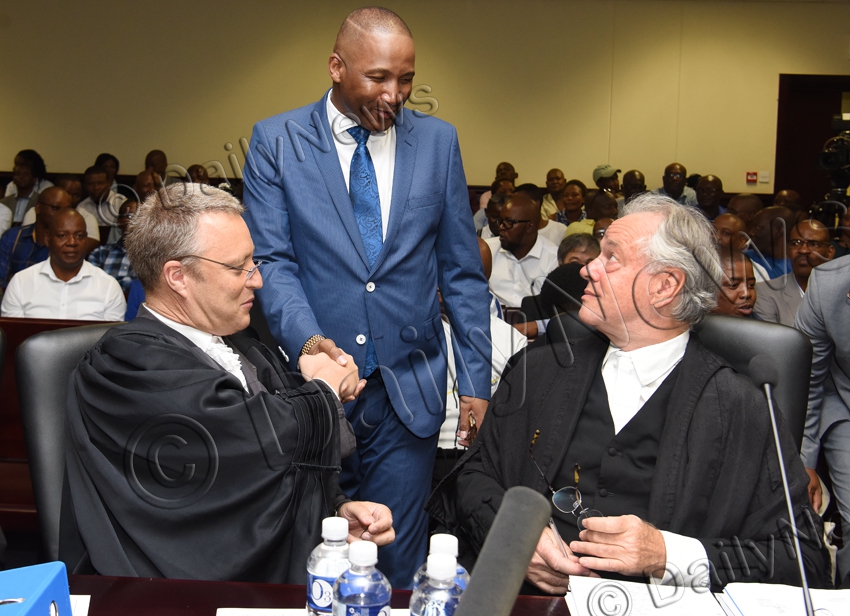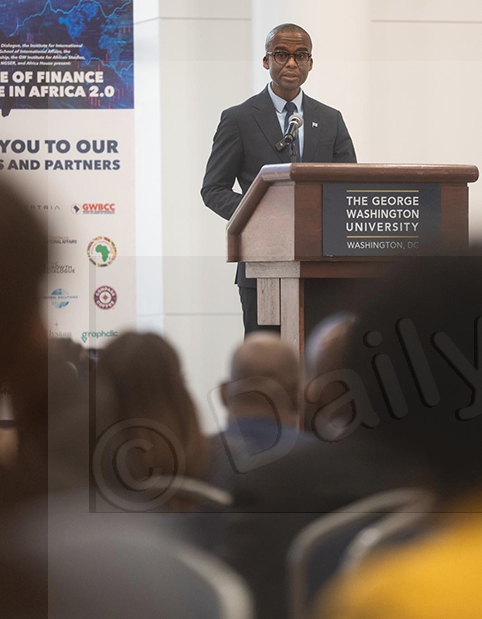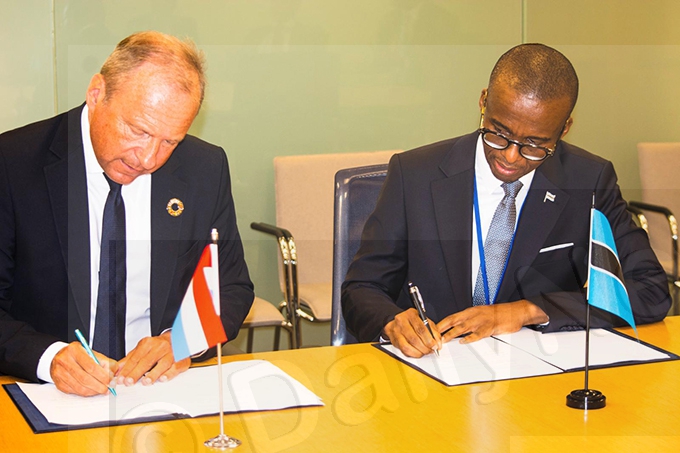UDC loses appeals
29 Jan 2020
A five-judge Court of Appeal panel yesterday unanimously dismissed with costs 14 Umbrella for Democratic Change (UDC) elections results petitions.
Delivering the ruling, Justice Ian Kirby said the Court of Appeal did not have jurisdiction to entertain appeals raised by parliamentary candidates in election petitions.
Justice Kirby said following arguements by both appellants and respondents attorneys in relation to sections 106 and 69 of the Constitution, section 10 of the Court of Appeal Act and the Electoral Act, the panel was convinced the court had no powers to entertain parliamentary appeals.
The appeals came as a result of Gaborone and Francistown high courts decisions to dismiss with costs UDC election results petitions on technicalities established during the preliminary stage.
Arguing the appellants’ case, Advocate Alec Freund had stated that section 106 of the Constitution gave the Court of Appeal the opportunity to determine on matters relating to the interpretation of the law on High Court decisions even though it restricted the higher court from attending to elections appeals relating to parliamentary candidates.
The Court of Appeal, he said, must stamp its authority as provided under section 99.
He also advised the court to consider provisions of section 10 of the Court of Appeal Act which gave it urisdiction to entertain appeals.
“We are here as of right to do so as provided for under section 10 of the Court of Appeal Act,” said Advocate Freund.
He noted that the high courts had dismissed the petitions on technicalities but their validity or merits were never challenged.
The Court of Appeal was therefore at liberty to establish the authenticity of the decision to dismiss the petitions on technicalities.
Senior counsel Jonathan Vetten, also for the appellants said their submission was that no decision was made in relation to provisions of section 69 of the Constitution.
The court therefore had to make a determination in favor of the petitioners as their plea was never addressed, he said.
Quoting section 7 of the Court of Appeal Act, Mr Vetten said; “The section gives the Court of Appeal the right to look into the decisions of the lower court, to establish any irregularities and lack of interpretation on points of law”.
Meanwhile, Advocate Andrew Redding for the first respondent, Independent Electoral Commision (IEC), said even though section 106 of the Constitution permited appeals, there were prohibitions.
“This provision of the law is an absolute barrier for election results petitions relating to seats of the national assembly, even if they were brought under section 10 of the Court of Appeal Act.
As long as it stands the appellants case has no ground to stand on, it just falls away,” said Mr Redding.
He advised the court not to ignore provisions of the law.
Counsel Busang Manewe for second respondents, Botswana Democratic Party also argued that the Court of Appeal did not have jurisdiction to entertain appeals from parliamentary candidates in election petitions.
Mr Manewe said the court was excluded from attending to such applications by section 106 of the Constitution. Mr Manewe said it did not matter whether the High Court had dismissed the petitions on points of law or merits.
He therefore argued for the appeals to be dismissed with costs.
Appellants were Advocate Duma Boko, Mr Masego Segokgo, Mr Victor Phologolo, Mr Nelson Ramaotwana, Dr Mpho Pheko, Mr Ketlhalefile Motshegwa, Mr Moagi Molebatsi, Mr Olebogeng Watshipi, Dr
Patrick Molutsi, Mr Ontathile Selatlho, Mr Mahomed Khan, Mr Haskins Nkaigwa, Dr Micus Chimbombi and Sam Digwa. ENDS
Source : BOPA
Author : Moshe Galeragwe
Location : GABORONE
Event : COURT CASE
Date : 29 Jan 2020







